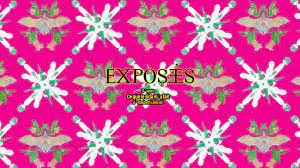The early 1980s marked the beginning of a global AIDS epidemic that prompted key debates about the representations and cultural politics of sexuality on both sides of the Atlantic.
In France, the crisis prompted a wave of new medical research, new government legislations on civil partnerships (such as the PACS, or Civil Pact of Solidarity), and radical forms of gay activism whose ideological consequences mobilized discussions around sexuality, identity, transgression, and deviance.
Inspired by the political events happening in France, American theorists in the 1990s invented what is known as “Queer Theory”: a critical paradigm that seeks to deconstruct sexual rhetoric and find new, non-heteronormative modes of being and non-binary vocabularies of identity.
Faced with pressing debates around LGBTQ+ diversity, this module offers an introduction to queer theory and politics in modern Francophone literature, culture and film. It reads seminal theoretical writing that emerged from 1990s America (Butler, Sedgwick, Bersani, Crimp), alongside French narratives of the AIDS crisis in the 1980s (Guibert), fluid performances of gender (Genet), anti-identitarian politics (Garréta), and flexible forms of sexuality (Taïa, Munoz). Because queerness resists dominant forms of belonging, it also intersects with questions of race, class, and power. Through Foucault’s analysis of heteronormative oppression, we consider the politics of queer Maghrebi French writing and film (Taïa), while probing new critical ways to think about intersectionality, trans theory, queer affect, and homo-nationalism.
